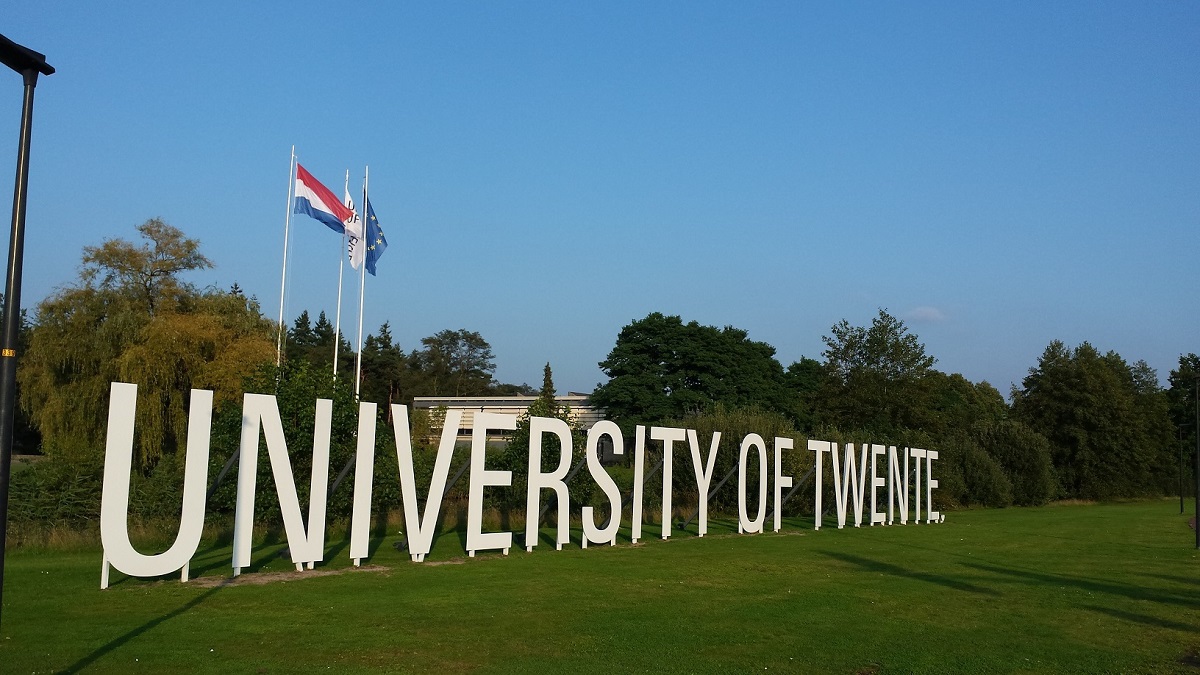
The goal of this project is to design and realise an open source intelligence (OSINT) system automating search and gathering of new evidence geared towards re-opening of cold cases. We focus in particular on uncertainty and reliability of information, associated plausibility of scenarios, and consequences for responsible use.
The Centrum voor Veiligheid en Digitalisering (Centre for Safety and Digitalisation, CVD) is a knowledge institute in which companies and public organisations are collaborating on questions related to this theme. In this context, the University of Twente, Saxion University of Applied Sciences, and the Police Academy of the Netherlands are setting up a joint research program around this time. The research program is centered around the 3 focus areas of the CVD: critical data & infrastructure, actionable intelligence and cyberresilience.
For each research line, we are looking for two PhD students to work on this theme. The PhD students will work in a multidisciplinary fashion, in close collaboration with each other, and with the supervision teams with members from the different CVD partners.
About the Project
Murder, manslaughter and cold cases reliably attract media interest. In addition to official criminal investigation conducted by the police and judiciary, they are popular subjects for investigative journalists and citizens’ initiatives. Sometimes done individually, but more often in a collective, the brainpower of creative minds (wisdom of the crowd) is used to distil new lines of investigation in stalled murder investigations.
What these investigative journalist and citizen initiatives have in common is that both use publicly available information usually obtained through the world-wide web, also known as Open Source Intelligence (OSINT). The question is, however, how do you derive reliable and high quality information from data obtained from such public sources, specifically for cold case investigations? The goal of the project is to develop a system to provide automated support for both the search and reasoning activities. Safety, security and the responsible use (including such questions as bias, reliability, privacy, transparency, explainability) of decision-support systems are crucial. As result, the project will research the legal and ethical aspects of this technology and ways to incorporate them into the design and use.
Relying on OSINT data rases a number of epistemological issues, most notably reliability. Sometimes data is subjective, incomplete, not current, or incorrect, sometimes it can be interpreted in different ways, etc. These issues come hand in hand with ethical and legal questions regarding the semi-automatic collection and analysis of cold case data. Besides the obvious privacy and data protection challenges, the project pays special attention to (a) assessing and addressing bias in the data and its reliability (including value assumptions and value by design-strategies), (b) the role of trust in authorities when combing knowledge created by professionals and citizens, (c) responsible use of AI technology and its proper integration in the decision-making process in this domain. Hence, questions at the core of the project are: How can we harvest the potential of AI and citizen-science in the context of “cold case,” while protecting ethical values and preserving the sense of responsibility for decisions made with the help of AI?
YOUR PROFILE
- You are an enthusiastic and highly motivated researcher.
- You have, or will shortly, acquire a master degree in Computer Science or an equivalent degree.
- Affinity with philosophy (especially, epistemology or ethics) or forensic investigation is a plus
- You have a creative mindset and excellent analytical and communication skills.
- You have a good team spirit and like to work in an interdisciplinary and internationally oriented environment.
- You are proficient in English (verbal and written).
OUR OFFER
- As a PhD student at UT, you will be appointed to a full-time position for four years, with a qualifier in the first year, within a very stimulating and exciting scientific environment;
- The University and partner institutes offer a dynamic ecosystem with enthusiastic colleagues;
- Your salary and associated conditions are in accordance with the collective labour agreement for Dutch universities (CAO-NU);
- You will receive a gross monthly salary ranging from € 2.443,- (first year) to € 3.122,- (fourth year);
- There are excellent benefits including a holiday allowance of 8% of the gross annual salary, an end-of-year bonus of 8.3%, and a solid pension scheme;
- A family-friendly institution that offers parental leave (both paid and unpaid);
- You will have a training programme as part of the Twente Graduate School where you and your supervisors will determine a plan for a suitable education and supervision;
- Part of this training programme will be filled by trainings developed especially by the CVD partners;
- We encourage a high degree of responsibility and independence, while collaborating with close colleagues, researchers and other staff.
INFORMATION AND APPLICATION
Are you interested in this position? Please send your application via the ‘Apply now’ button below before June 1, 2022 and include:
- A motivation letter
- A detailed CV
- Names of 2 or 3 people that we can contact for additional information
It is allowed to apply for multiple positions.
For more information regarding this position, you are welcome to contact Maurice van Keulen m.vankeulen@utwente.nl




